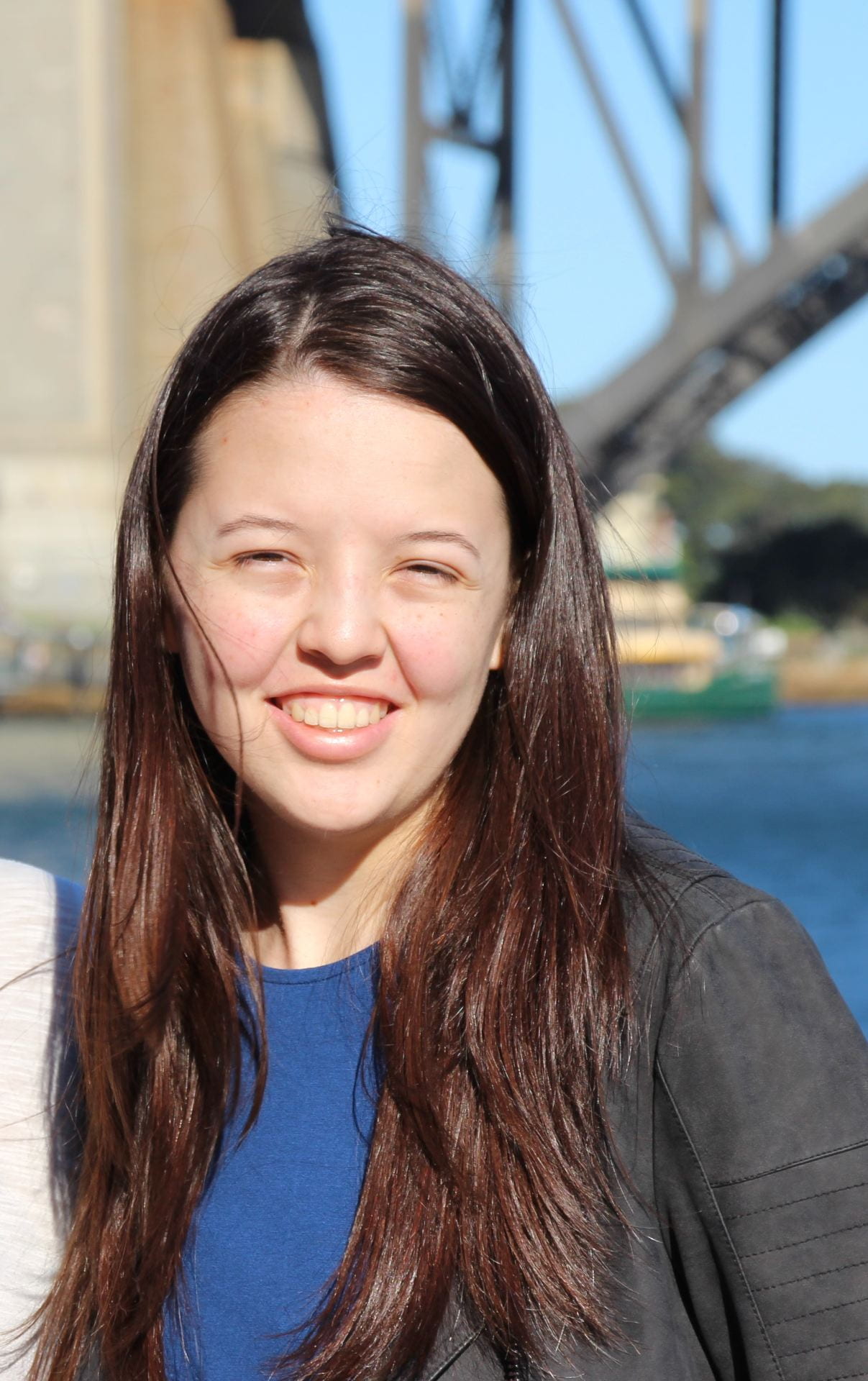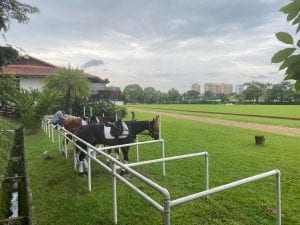LO1: Identifying personal strengths and developing areas for growth.
Reflection 1:
LO2: Demonstrate that challenges have been undertaken, developing new skills in the process.
LO4: Show commitment to and perseverance in CAS experiences
Reflection 2:
LO5: Demonstrate the skills and recognise the benefits of working collaboratively
Reflection 3:
When I first joined RDA, I didn’t realise how collaborative this service actually was. I knew we had to interact with the kids while they were on horses to help improve their abilities and to build their social skills. However, it never really occurred to me how serious some of their issues were. Talking about disabilities and actually witnessing them are two very different things. Some of the children required two handlers instead of one to help ensure their safety. For example, my first client at the RDA centre was a sweet little girl who didn’t have great balance and refused to sit-up on the horse. She kept lying down and closing her eyes. I had to be paired with another student volunteer to aid the little girl and hold onto her ankles for her safety so she wouldn’t fall off. Occasionally, the girl would also lean over and grab my shirt. The other volunteer and I had to work together with good, clear communication, in order to ensure the safety of the child, the horse and ourselves, the volunteers.
LO6: Demonstrate engagement with issues of global significance
Reflection 4:
My involvement with the RDA has opened my eyes to how they, as an organization, are supporting the UN Sustainable Development Goals, particularly number 3, “Good health and well-being” by providing physical activity through engagements with horses. I have witnessed how beneficial it is to the children, observing a gradual improvement and changes in the children, week to week. By participating in programs such as RDA, which promotes such an inclusive environment, the children are able to lead a better lifestyle. They are getting fresh air, improving their social skills while exercising and working on their gross motor skills and cognition. Moving beyond UWC, I hope to continue volunteering with those less fortunate by providing opportunities to connect and interact with animals and nature in fun, engaging ways.
LO7: Recognise and consider the ethical implications of choices and actions
Reflection 5:
I have realised just how important volunteering is in building an inclusive society and I plan to continue finding ways to contribute my time and energy into helping others feel valued and included. It’s also important to provide various ways for all levels of ability to lead a healthy and active life. I have noticed how challenging it can be for families to support their family members with disabilities. By supporting activities, like RDA, who provide therapeutic horse riding and equine-assisted activities completely free of charge, it relieves financial pressure and stress from families. As a horse rider, I know how expensive any activity associated with horses can be. The services RDA provides are invaluable to the community. Not only are they free but they are also providing much needed therapeutic activities which contributes to improving the quality of life of the children.

